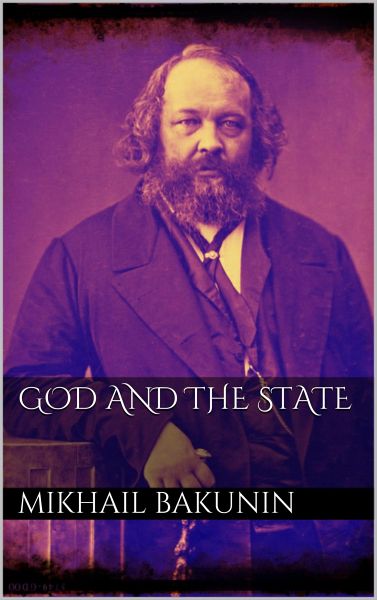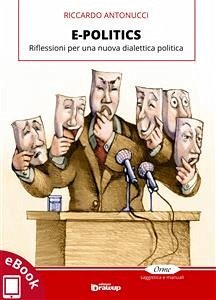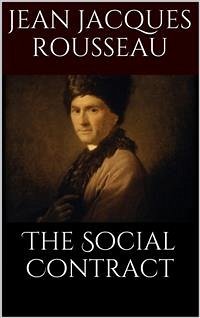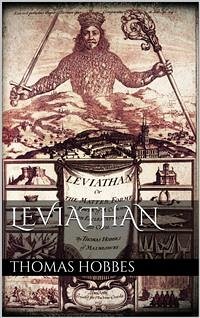
God and the State (eBook, ePUB)
Sofort per Download lieferbar
2,99 €
inkl. MwSt.
Weitere Ausgaben:

PAYBACK Punkte
0 °P sammeln!
Who is right, the idealists or the materialists? The question, once stated in this way, hesitation becomes impossible. Undoubtedly the idealists are wrong and the materialists right. Yes, facts are before ideas; yes, the ideal, as Proudhon said, is but a flower, whose root lies in the material conditions of existence. Yes, the whole history of humanity, intellectual and moral, political and social, is but a reflection of its economic history.All branches of modem science, of true and disinterested science, concur in proclaiming this grand truth, fundamental and decisive: The social world, prop...
Who is right, the idealists or the materialists? The question, once stated in this way, hesitation becomes impossible. Undoubtedly the idealists are wrong and the materialists right. Yes, facts are before ideas; yes, the ideal, as Proudhon said, is but a flower, whose root lies in the material conditions of existence. Yes, the whole history of humanity, intellectual and moral, political and social, is but a reflection of its economic history.
All branches of modem science, of true and disinterested science, concur in proclaiming this grand truth, fundamental and decisive: The social world, properly speaking, the human world - in short, humanity - is nothing other than the last and supreme development - at least on our planet and as far as we know - the highest manifestation of animality. But as every development necessarily implies a negation, that of its base or point of departure, humanity is at the same time and essentially the deliberate and gradual negation of the animal element in man; and it is precisely this negation, as rational as it is natural, and rational only because natural - at once historical and logical, as inevitable as the development and realization of all the natural laws in the world - that constitutes and creates the ideal, the world of intellectual and moral convictions, ideas.
All branches of modem science, of true and disinterested science, concur in proclaiming this grand truth, fundamental and decisive: The social world, properly speaking, the human world - in short, humanity - is nothing other than the last and supreme development - at least on our planet and as far as we know - the highest manifestation of animality. But as every development necessarily implies a negation, that of its base or point of departure, humanity is at the same time and essentially the deliberate and gradual negation of the animal element in man; and it is precisely this negation, as rational as it is natural, and rational only because natural - at once historical and logical, as inevitable as the development and realization of all the natural laws in the world - that constitutes and creates the ideal, the world of intellectual and moral convictions, ideas.
Dieser Download kann aus rechtlichen Gründen nur mit Rechnungsadresse in A, B, BG, CY, HR, DK, EW, FIN, F, D, GR, IRL, I, LR, LT, L, M, NL, PL, P, CZ, R, SK, SLO, S, H ausgeliefert werden.













